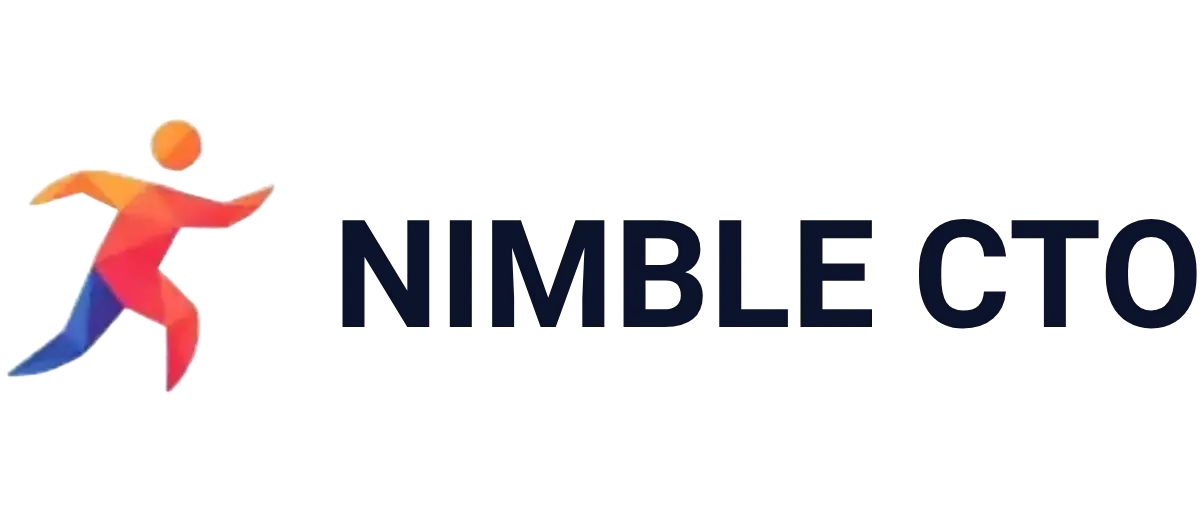I’ve been on both sides of the hiring equation for a number of years. I earned my recruiting MBA on the streets of the dot com era when we were challenged to aggressively compete or simply loose. It was a crazy seller’s market where companies did unusual things to attract talent. Companies offered BMW signing bonuses and nearly everyone allowed employees to bring their dog to work. Well, I’m sure that everyone knows how that story ended and thankfully those lopsided gold rush days are gone. Ten years ago, the market was uniquely unbalanced and clearly today’s market is nearly as lopsided in favor of hiring companies. Unbalanced marketplaces support all types of bad behavior, at least temporarily. But I think more is at play here than just cyclical job market trends and the corresponding shenanigans, I think there are many companies that fail to recognize the importance of managing a top notch recruiting process even when they’re holding nearly all the cards.
 I’m aware of many wise and savvy business people stating the enormous importance of hiring – most often they’re talking about attracting great resources, managing a diligent and complete inspection, closing the deal for “A players” only and then quickly realizing the newly added benefit. While I agree that this happy path is spot on, I think that it stops short of many other important parts of hiring. So I thought I’d share a few things that I’ve found critical in stellar recruiting and hiring execution.
I’m aware of many wise and savvy business people stating the enormous importance of hiring – most often they’re talking about attracting great resources, managing a diligent and complete inspection, closing the deal for “A players” only and then quickly realizing the newly added benefit. While I agree that this happy path is spot on, I think that it stops short of many other important parts of hiring. So I thought I’d share a few things that I’ve found critical in stellar recruiting and hiring execution.
I realized early on that recruiting and hiring is a team sport with many moving pieces, often including external resources like recruiters, agencies and outsource companies. There is no single formula that works for all companies, but there is certainly one that fits each company. Sure, I want to get the hiring done, but in most case it is a work flow that I have to repeat and scale with business growth. So, I think that it is worth some significant investment and optimization. One of the very first things I put into place is some type of tracking tool. I’ve used whiteboards, paper, spreadsheets, MS-Exchange public folders and software packages to keep the work flow moving quickly. I haven’t found a significant amount of difference with any of these, it usually depends on scale and if your team includes external recruiters. This single tool offers sales pipeline like tracking that is easy to keep current; the entire team always knows where all the candidates are in the work flow, who owns next steps and how long are things taking. Investing in this type of information has helped me identify execution flaws, operational bottleneck and recognize places that need focus.
I typically insist on phone screening – there are always a bunch of really easy show stoppers that can save everyone, including the candidate, time early on. When using an external recruiter, I like to divide the screen criteria into things that the recruiter can scan for and things that our internal team must check. Many recruiters will attempt to differentiate themselves by claiming they can handle more of the technical screening – I have not found this to be true when it comes to technical hires – so splitting the screen is important. Some recruiters will push back on the screen and propose the interview day at their place – where they’ll line up 10 candidates in one day at the recruiter’s office. I haven’t found this to be efficient either – the phone is best because I find it much easier to find 30 minute slots in the schedule and I don’t need to hide off site to get important work done in the office.
I invest heavily in team interview preparation – it pays big dividends when I get it working, but it usually takes a few iterations before the team is efficient. So immediate post-interview group discussions are super important to running a smooth hiring machine. If I’m using a professional recruiter, I definitely include them in the tuning process to make sure we’re targeting and screening correctly – we rarely get it right initially. I like to divide up the interview agenda across disciplines and expertise on my team. I find that some small overlaps is useful for consistency comparisons, but I usually have an agenda that needs to be mutually exclusive so that we can cover everything with sufficient depth. I always include in-depth technical interviews, yes whiteboard exercises, puzzle solving, architecture walk through and deep dives on recent deliverables. When I am the candidate, I easily eliminate companies that don’t have their act together – large overlaps, gaping holes and folks reading my resume for the first time during the interview quickly worries me about who else the company may have hired with such a poor work flow.
Once I am tracking the work flow and we’re efficiently interviewing, my interview team always follow up with every candidate, 100% of the time, no matter how big or small the role is or how well suited the candidate matches what we’re looking for. It is a super small world, it is ignorant to believe that reputation won’t be communicated and bad news travels very fast. I think this problem is much worse with the senior candidates because they’re the reference check network. Great candidates will thoroughly check my company out and I definitely want five star backdoor references, even from candidates that we’ve rejected. Plus, it is simply the right thing to do and it usually only takes a couple of minutes.
 In addition to maintaining 100% follow up, I believe that it is in everyone’s best interest to terminate the interview process when there is a big showstopper. I can’t tell you how many times folks on the interview team choose to waste everyone’s time, including the candidate, rather than politely and respectfully stop the interview. I can almost guarantee that it won’t be long before the candidate adds up this bad behavior. More bad karma to those that dodge the delivery of bad news and again, not the right thing to do.
In addition to maintaining 100% follow up, I believe that it is in everyone’s best interest to terminate the interview process when there is a big showstopper. I can’t tell you how many times folks on the interview team choose to waste everyone’s time, including the candidate, rather than politely and respectfully stop the interview. I can almost guarantee that it won’t be long before the candidate adds up this bad behavior. More bad karma to those that dodge the delivery of bad news and again, not the right thing to do.
Finally, I’ve found that reference checks are almost as important as the interviews. I really have two goals during reference checks – the first is to verify some of the interview data. The second is to get information that will be helpful in working with the candidate once on the team. I rarely uncover out right lies, occasionally some creative historic accounting. So, I spend nearly all my time on later goal. I rarely rely on the references given to me by the candidate – they’re almost always, but not quite 100%, spectacular. I’m frequently able to leverage my and my team’s network to find a connection to top-notch candidates who may not be on the candidate’s payroll. With tools like LinkedIn, Plexus, Facebook, Twitter and good old Google there is no excuse for not finding the backdoor references.
I see many companies today abandoning these types of practices – maybe because the supply is so ample that they believe they can perform poorly. Or maybe they didn’t experience the intolerance of candidates when they held all the cards a few years ago. In either case, poor performance in an area that is well known to be a top priority points to deeper, potentially fatal, flaws.


![Reblog this post [with Zemanta]](http://img.zemanta.com/reblog_e.png?x-id=643437da-c355-4616-941b-522b7c83e248)
7 Responses
Well written and great points.
I think, in addition to revisiting their whole recruiting process, companies need to have a good plan for a better retention rate (wouldn't be that big of an issue during the downturn) and large size companies need to think about how to leverage the full potential of their employees / existing talent pool. But, I see the post is about recruiting in down economies and excellent points about the recruiters and references as well.
Given the enormous investment in hiring and development once on board, it is certainly in everyone's best interest to maintain a relationship between an employee and a firm. Do you think that companies have become complacent in retaining employees because they figure they'll just go pick up a replacement if the employee does stay employed?
Completely true and it is definitely in the best interest of everyone! I could be incorrect here but when the industry is doing well, I've a feeling that the focus towards the retention rate with some small-to-mid size companies (leaving out the job-jumpers), isn't as good as their hiring process. Again, this is just my view!
[…] Half Baked Ideas) that I like to keep up with. In a post he published recently called “Recruiting in Down Economies“, he’s spot on. He makes the point that just because companies hold the cards right now […]
Chip, good points. The back door reference is crucial.I think the title of your post is not accurate now, it might have been 6 months ago. Now however, the hiring activity for software engineers in the emerging technology market is very strong and I am getting calls from VPs on a weekly basis asking for recruiting assistance.It is no longer a “down” economy for software here in Boston. Companies are coming to realize how quickly the market has turned around, as they are not acting with urgency and losing candidates that now have multiple options to choose from.
Great to hear that you're seeing positive signs of hiring in the Boston area.